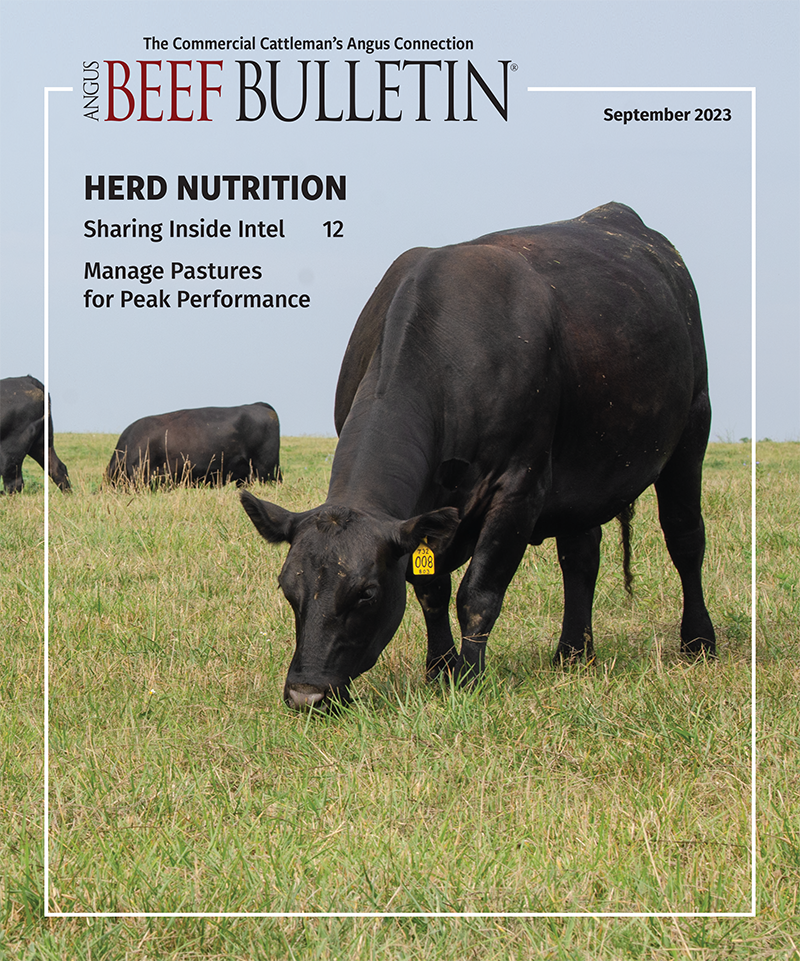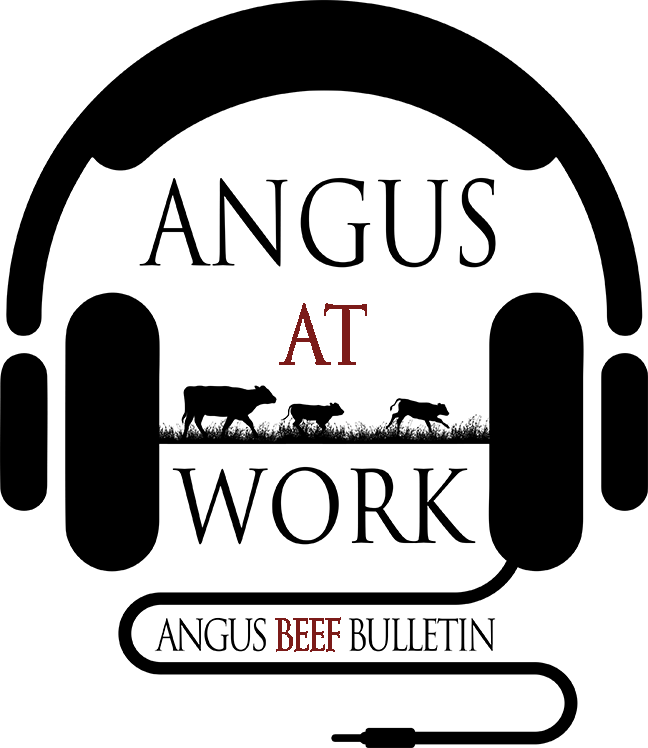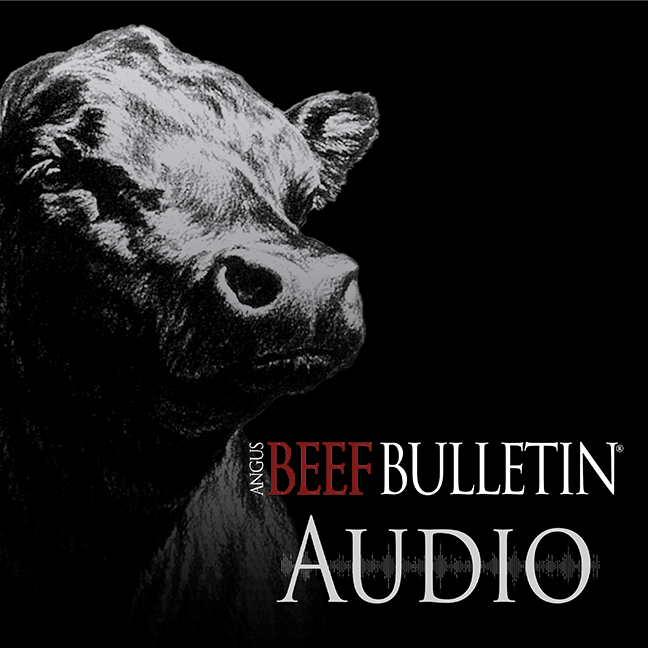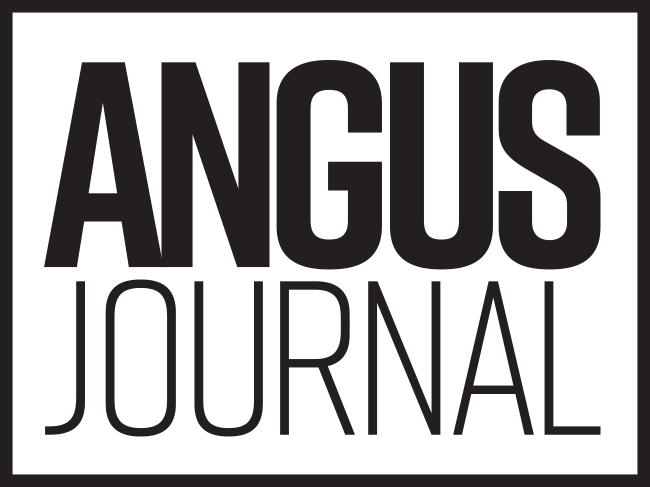
States Offer Feedout, Heifer Development Programs
Missouri steer feedout accepting entries now through Oct. 10. SDSU, UNL Extension offering heifer development program.
Do you have a small number of cattle, but want to experience feeding cattle in a feedyard to evaluate their performance and determine whether they meet certain targets at slaughter that influence their profitability? Or, are you interested in learning the benefits of heifer development through a unique research program administered by South Dakota State University (SDSU) Extension and University of Nebraska–Lincoln (UNL) Extension?
Steer feedout program
The Missouri Steer Feedout is a program in cooperation between the University of Missouri (MU) Extension, Southwest Missouri Cattlemen’s Association, Missouri Department of Agriculture and Tri-County Steer Carcass Futurity (TCSCF) in Iowa that began in 1981. During the 40-plus year history, this program has enrolled more than 7,900 head of steers from more than 372 farms.
The educational program gives cattle producers the opportunity to do four things:
- Evaluate the genetics and management of their calves as they influence feedlot performance and carcass characteristics.
- Determine if their cattle can hit various market targets at slaughter.
- Gain experience feeding cattle and retaining ownership without the investment and risk of feeding an entire pen of cattle on their own.
- Improve the reputation of Missouri cattle while exploring market alternatives.
Entries will be accepted through Oct. 10 for the next Missouri Steer Feedout, with weigh-in projected for Nov. 7. An entry consists of five or more head of steers born after Jan. 1, 2023. At delivery they should be weaned at least 30 days; weigh more than 500 pounds; be dehorned, castrated and healed; and have had two rounds of modified-live virus (MLV) vaccines.
 This fall, producers can apply to enroll heifers at the Great Plains Heifer Development Center at the UNL Haskell Beef Lab near Concord, Neb. [Photo courtesy of UNL.] |
The steers will be collected at Joplin Regional Stockyards near Carthage, Mo., Nov. 7 for weight collection. Alternate pickup locations may be made throughout the state based on program interest. Following weigh-in, Missouri Department of Agriculture graders will evaluate and price steers. Pricing helps at the end of the feedout in the profitability calculation.
After the weigh-in, the steers are sent to the TCSCF in southwestern Iowa. Complete carcass data is gathered once steers are slaughtered. TCSCF officials combine the set-in price, feedlot performance and carcass value to find out which steers were the most profitable during the finishing phase. This helps participants make decisions about breeding stock and whether to retain ownership.
At Joplin Regional Stockyards, consignors gain valuable insight into what market officials, order buyers and others in the beef industry think of their feeders through a feeder panel grading and audience participation.
Hosted in conjunction with the Southwest Missouri Cattlemen’s Association monthly educational series, the feedout offers consignors other attractive perks. The only up-front money required is a $20-per-head entry fee payable by Oct. 10. There are no periodic feed bills, as all expenses are deducted from the final check.
If you are interested in enrolling steers in the program or want more information, contact Patrick Davis at the Cedar County MU Extension Center at 417-276-3313 or by email at davismp@missouri.edu.
Heifer development research
Producers can apply this fall to enroll heifers at the Great Plains Heifer Development Center at the UNL Haskell Beef Lab near Concord, Neb. Nebraska and South Dakota producers will receive priority, but producers from bordering states will be accepted if space is available.
The program will provide custom heifer development data to enrolled producers to help them optimize their operations and promote longevity in their cow herds. Heifers are evaluated for disposition, performance and reproductive traits, and their nutrition and weight are tracked.
Heifers must comply with program criteria to participate, including being in good health, having a known sire and having individual, permanent identification through a brand or tag. Heifers may be commercial or registered.
For a full list of program requirements, visit https://beef.unl.edu/great-plains-heifer-development-program-haskell.
Those interested in the program should contact Kiernan Brandt, SDSU Extension cow-calf field specialist, at 605-882-5140; Connor Biehler, UNL beef assistant extension educator, at 402-624-8007; Rick Rasby, UNL professor and Extension beef specialist, at 402-472-6477; or heiferdev@unl.edu. Cost and registration deadlines will be announced later this fall.
Editor’s note: Patrick Davis is an MU Extension livestock field specialist in Cedar County and the writer of the steer feedout section. The heifer development section of this article is provided by SDSU Extension. [Lead photo by Shauna Hermel.]



